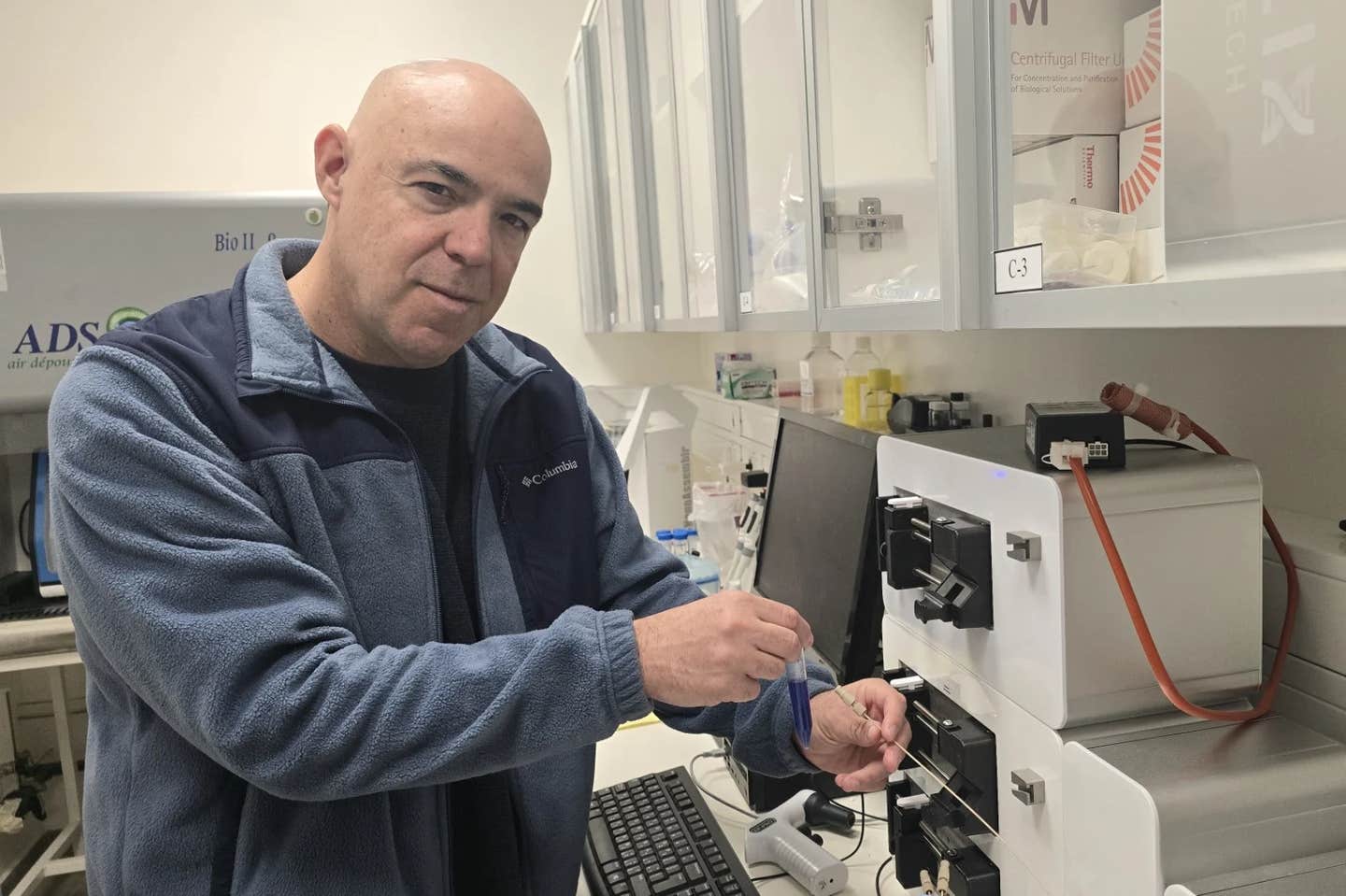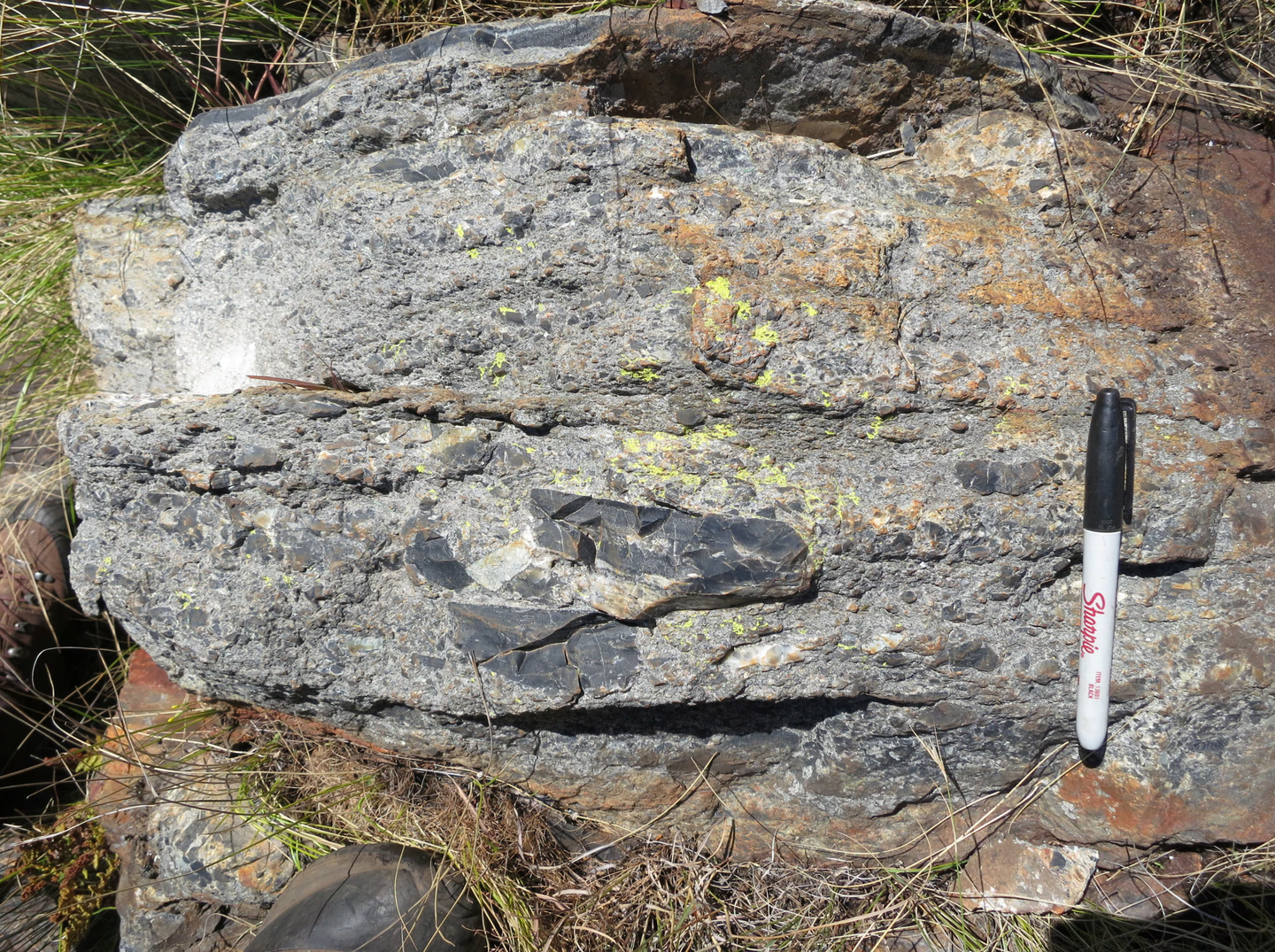World First: Scientists just injected a human with a cancer-killing virus
The virus has been designed specifically to kill cancer and works by enhancing the body’s immune response against cancer cells.

[May 24, 2022: JD Shavit, The Brighter Side of News]
The virus has been designed specifically to kill cancer and works by enhancing the body's immune response against cancer cells. (CREDIT: Creative Commons)
A revolutionary cancer-killing virus has been injected into the first human patient. The virus, Vaxinia, has been tested successfully in animals. However, this upcoming clinical trial will be the true test of its efficacy.
Imugene Limited (ASX:IMU), a clinical stage immuno-oncology company, and City of Hope, one of the largest cancer research and treatment organizations in the United States, today announced that the first patient was dosed in a Phase 1 clinical trial evaluating the safety of novel cancer-killing virus CF33-hNIS VAXINIA when used in people with advanced solid tumors.
The virus has been designed specifically to kill cancer and works by enhancing the body's immune response against cancer cells. In previous animal trials, scientists observed very promising results. For over a century, these kinds of viruses have been a "smoking gun" in the fight against cancer.
Historically, these types of viruses have had limited success. However, this time around, researchers have engineered the virus so that it does more than just kill cancer cells; it also makes them more recognizable to the body's immune system. By doing so, researchers hope to strengthen the body's response, helping it fight back more effectively.
Related Stories
Clinical trials of other cancer drugs have also shown promising results early on, and like past trials, scientists tested the virus on animals before moving on to human testing. The early experiments with animals and in the lab demonstrated huge success in reducing the size of lung, breast, ovarian, pancreatic, and colon cancer tumors.
As a result of this success, the scientists decided to test the drug on humans as results seen in animals do not always transfer to human patients. Researchers are hopeful that this virus could improve patients' long-term chances of surviving cancer.
In a Phase 1 trial, Vaxinia will be tested on 100 cancer patients across approximately 10 trial sites in the United States and Australia. These patients have been diagnosed with metastatic or advanced solid tumors, and each has tried at least two other treatments. Research will be conducted in two different groups. One group will receive Vaxinia alone. In the second group, the cancer-killing virus will be combined with an immunotherapy drug.
In Phase 1 trials, the focus is primarily on safety and finding the optimal dose. As such, the first phase might not be a reliable indicator of the virus's efficacy. However, it is a step in the right direction towards finding an alternative to fighting cancer.
According to Yuman Fong, M.D., the Sangiacomo Family Chair in Surgical Oncology at City of Hope and the key developer of the genetically modified virus. “We are hoping to harness the promise of viralogy and immunotherapy for the treatment of a wide variety of deadly cancers.”
“The dosing of the first patient in our Vaxinia study is a significant milestone for Imugene and clinicians faced with the challenge of treatment for metastatic advanced solid tumours. Professor Yuman Fong and City of Hope team have provided outstanding research. In addition to the positive preclinical results, we’re incredibly eager to unlock the potential of Vaxinia and the oncolytic virotherapy platform.”, said Imugene CEO Leslie Chong, M.D.
Trial results should be available by early 2025. So, it may be a while before we see any final results.
Note: Materials provided above by City of Hope. Content may be edited for style and length.
Like these kind of feel good stories? Get the Brighter Side of News' newsletter.
Tags: #New_Innovations, #Cancer, #Drugs, #Treatment, #Research, #Medical_News, #Science, #Virus, #Oncology, #The_Brighter_Side_of_News
Joseph Shavit
Head Science News Writer | Communicating Innovation & Discovery
Based in Los Angeles, Joseph Shavit is an accomplished science journalist, head science news writer and co-founder at The Brighter Side of News, where he translates cutting-edge discoveries into compelling stories for a broad audience. With a strong background spanning science, business, product management, media leadership, and entrepreneurship, Joseph brings a unique perspective to science communication. His expertise allows him to uncover the intersection of technological advancements and market potential, shedding light on how groundbreaking research evolves into transformative products and industries.



